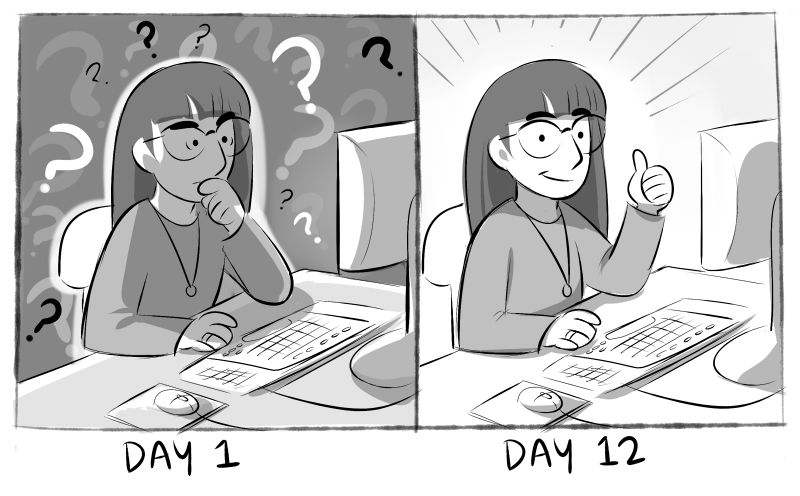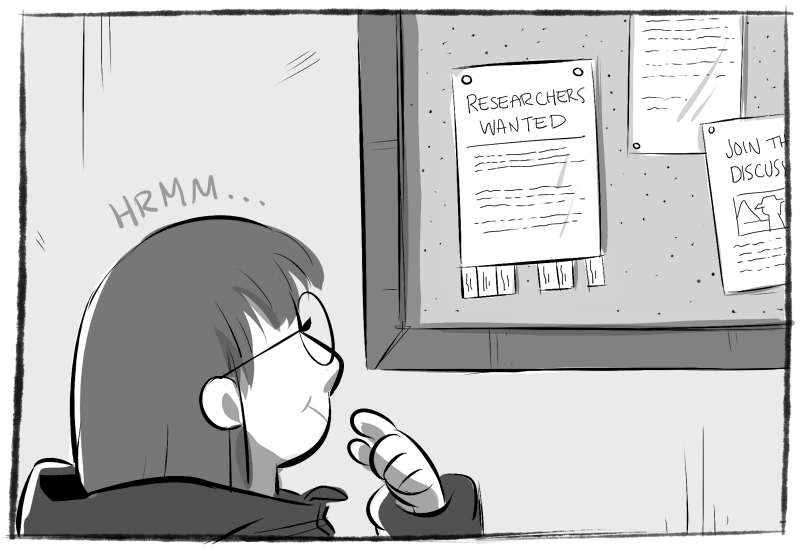
In my previous posts, I have discussed various opportunities at the Royal Ontario Museum (ROM) available to interns and volunteers. While I’m a strong advocate for these positions and getting more students involved, I realize many might be hesitant to dive into unpaid work. A common concern is being taken advantage of, which can be a problem. Therefore, while I aim to showcase the benefits of working within an internship or volunteer position, I will also highlight resources for U of T students so they can learn the difference between fair work for equal compensation, to being exploited for inadequate experience.
Gaining Transferrable Skills and Experience That Matters
It’s no secret that students are anxious to get experience in their field, but many have problems achieving it; it seems that wherever students look, “entry level” positions need 3 years’ experience! While I share these frustrations I am also here to say: all hope is not lost. Volunteer positions and internships require little previous experience in order to get the skills employers want. While research internships are targeted towards specific fields and levels of education, students will typically find the requirements not as rigid as career employment offers.
I cannot stress enough: volunteering and Internships are a great way for students to get their foot in the door of their field. While these positions do not promise a job after employment, such opportunities look great on CVs and resumes when applying to other institutions within the same disciplinary scope. These jobs give volunteers and interns transferrable skills which employers seek (ex. teamwork, communication, technical skills). To give an example of my own experience: before the ROM, I had never used an official museum database—I learned on the job and was able to acquire useful knowledge about cataloguing systems. I can now utilize and discuss my newly acquired skills with confidence! I enhanced my ability to be detail oriented, and gained experience within a museum catalogue setting—factors which will inevitably help me in moving forwards.

Flexibility and the Chance to Experiment
Internships and volunteer positions are also known for being extremely flexible with work hours. While certain opportunities require a time commitment of a specific amount of weeks, months, or years—as is the case for the ROM—most workplaces are willing to work with schedules so it doesn’t interfere with schooling or other employment. As a student doing an internship, this flexibility is crucial for my studying. I am able to switch shifts if I need to, and add days to catch up on lost hours during midterm and finals periods.
In addition, temporary positions like semester/summer internships are useful to get a taste of an area of employment. The ability to experiment and move from position to position allows students to get experience in a field, but not be tied down if they find out it’s not for them. As someone with a vague idea of what job I wish to end up in, it’s been eye-opening for me to see all the different kinds of positions available—you don’t know what’s truly out there until you enter the workplace for yourself! You might realize that something isn’t for you, but see another opportunity that sparks your intrigue.
Future Jobs and Networking
Although I previously mentioned that a paid job is not typically promised at the end of a volunteer or intern opportunity, the likelihood to get one is not impossible. While in the workplace, students can get the inside scoop to possible openings. At the ROM in particular, there is a board in the entrance staff level where further opportunities are posted. More often than not, there are advertisements for academic talks pinned on the board, which are great ways to gain knowledge and meet people in the field! In order to understand where you want to go, being around people who are already there is an asset. Therefore, getting to know a supervisor is key; they want to help you as much as you want to help them. If a student cultivates a relationship with people while in the position, then recommendations may be made if jobs open. People are more likely to hire based on a good recommendation from a trusted colleague than a random resume!

In my experience with the ROM, I have learned how volunteers and interns are the backbone of the workplace. They have a crucial role in organizing data, providing additional research, and educating guests from all backgrounds. Museum organizations rely on volunteers to keep things running smoothly, and it’s because of this that they are treated so highly! I believe that in order to have a beneficial experience with unpaid work, students should find places which compensate them for their labour; whether it be research credit, reference letters, etc.
In order not to be taken advantage of, students should know their rights as an unpaid intern, and if volunteering, strive to fulfil goals/questions they set out for themselves. Questions like, “Is this what I want to do?” and “how can I use this opportunity to get where I want to be?”
Make the most of intern/volunteer opportunities, and the benefits will follow.
Fun Fact: University of Toronto students can look for “paid internships” in the UofT career centre!
